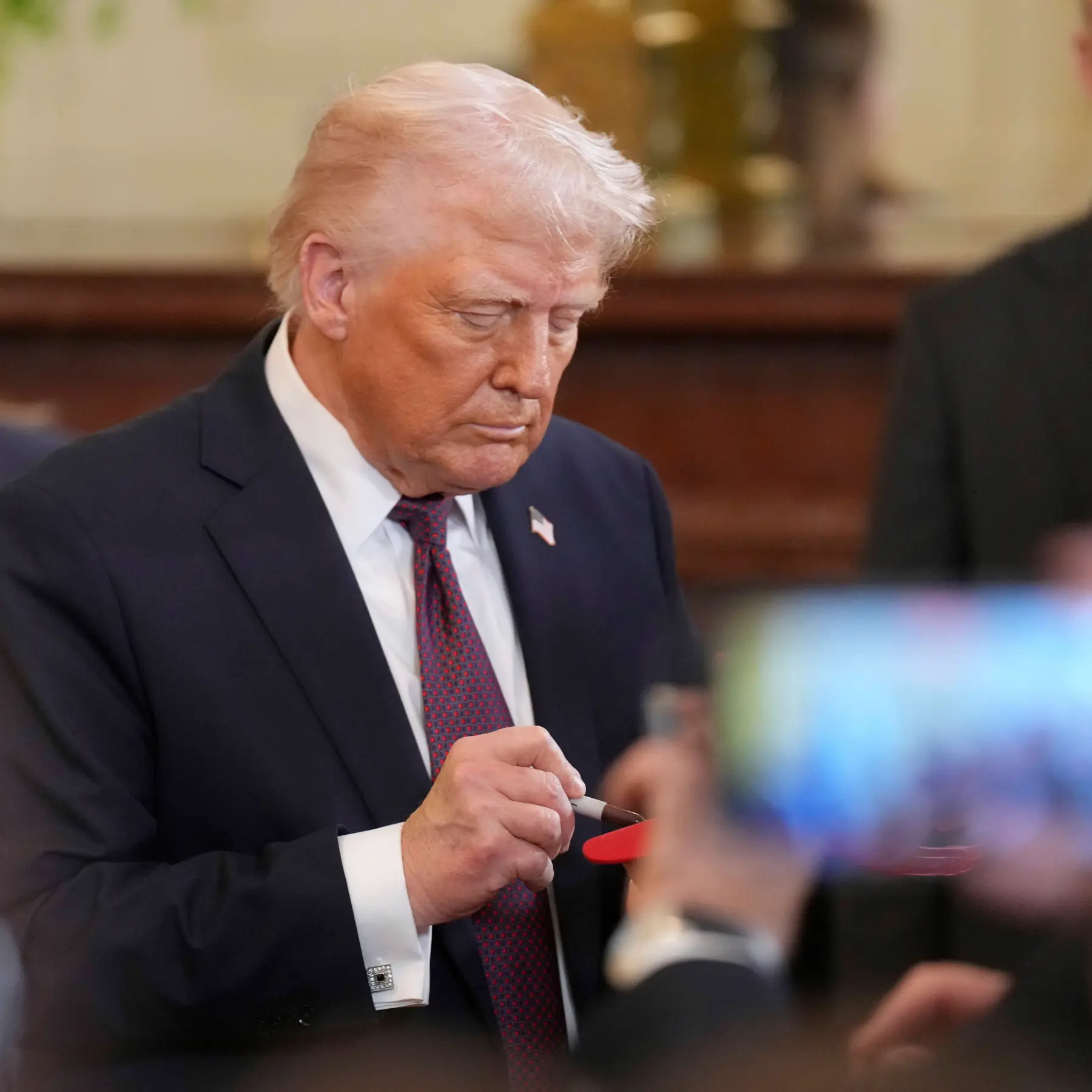A group chat among President Trump administration officials discussing a planned U.S. military strike in Yemen was inadvertently exposed to The Atlantic editor-in-chief Jeffrey Goldberg, raising concerns over national security and the handling of classified information.
The encrypted Signal chat, confirmed as authentic by the National Security Council, included White House National Security Adviser Michael Waltz, Vice President J.D. Vance, CIA Director John Ratcliffe, Defense Secretary Pete Hegseth, and other top officials. Goldberg reported that he was mistakenly added to the conversation by Waltz, giving him access to real-time discussions on military operations.
The chat revealed internal policy debates and operational details, with Waltz celebrating the March 15 airstrikes on Houthi targets in Yemen, posting messages of praise along with a series of patriotic emojis. Other officials also congratulated the team. However, the breach has drawn sharp criticism from lawmakers, with concerns that using unsecured communication channels for classified discussions could violate the Espionage Act.
Sen. Mark Warner (D-Va.), the ranking Democrat on the Senate Intelligence Committee, accused the administration of recklessly handling national security information, while Rep. Chris Deluzio (D-Pa.) called for an immediate congressional investigation. Republican Rep. Don Bacon (R-Neb.) also condemned the lapse, warning that adversaries like Russia and China could have accessed the unsecured communications.
Despite bipartisan criticism, House Speaker Mike Johnson (R-La.) downplayed the controversy, stating that the White House had acknowledged the mistake and would prevent similar incidents. Trump, when asked about the report, said he was unaware of the situation. The White House later defended the national security team, though speculation is growing that resignations—particularly Waltz’s—may be forthcoming.
The chat also revealed divisions within the administration, with Vance privately expressing concerns that the strike was inconsistent with Trump’s messaging on Europe and could lead to oil price spikes. While he ultimately supported the operation, his unease highlights ongoing policy disagreements within the administration.
The incident has drawn comparisons to past controversies over classified information, including Trump’s own legal battles over sensitive documents and Hillary Clinton’s private email server scandal. Clinton responded to the revelations with a brief social media post: “You’ve got to be kidding me.”

